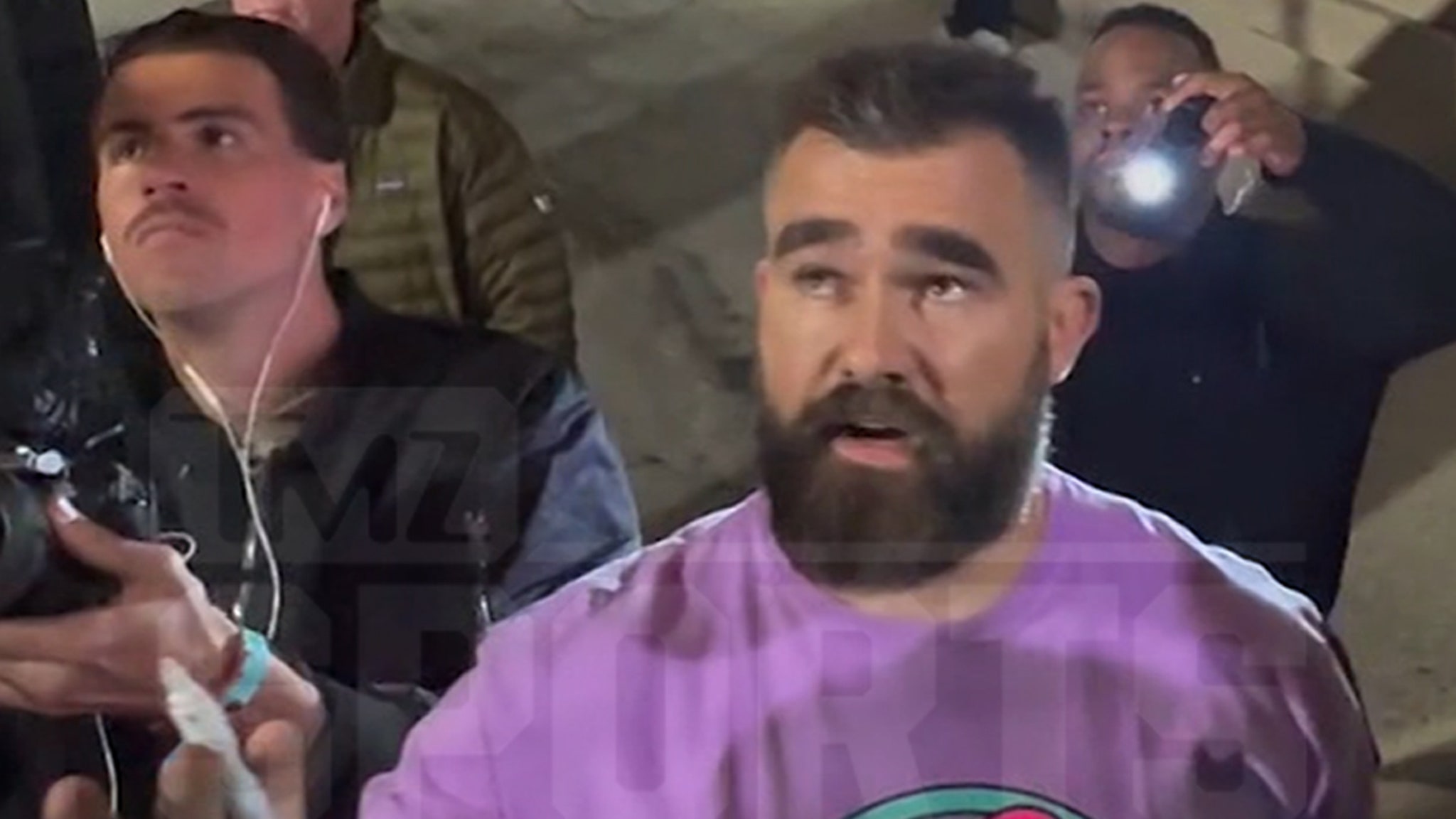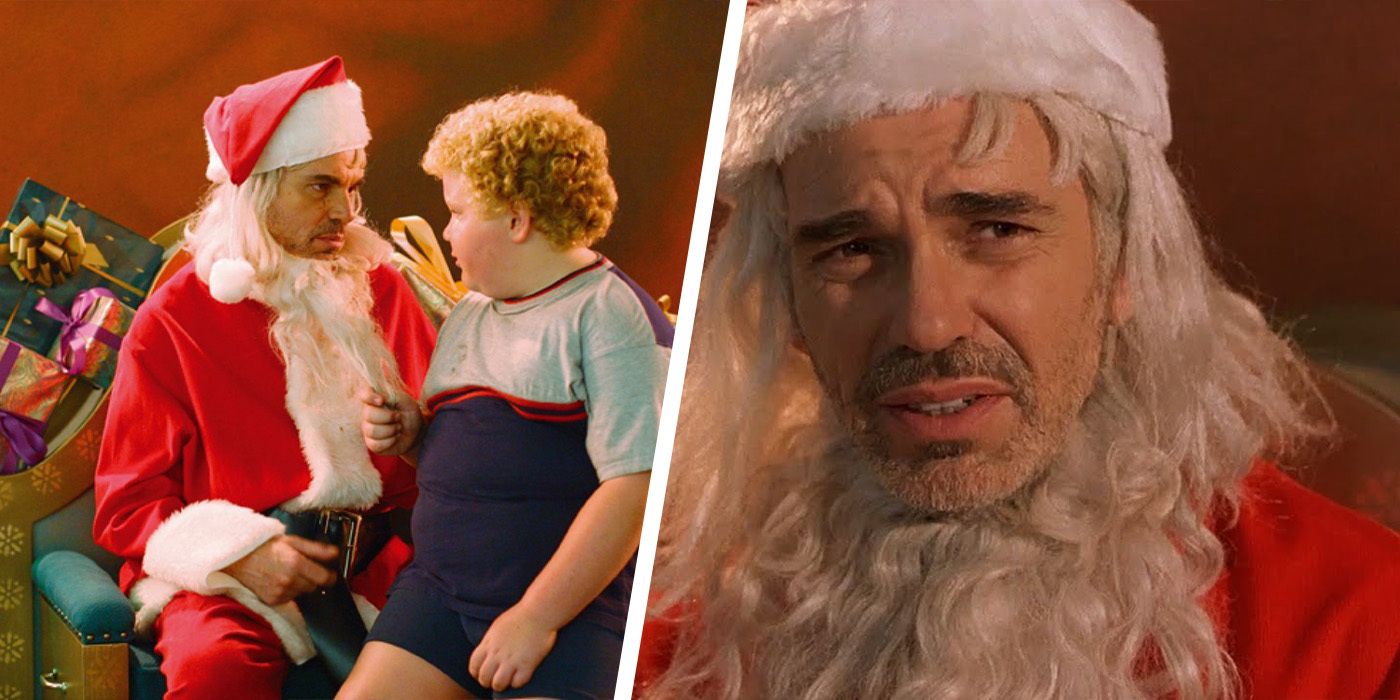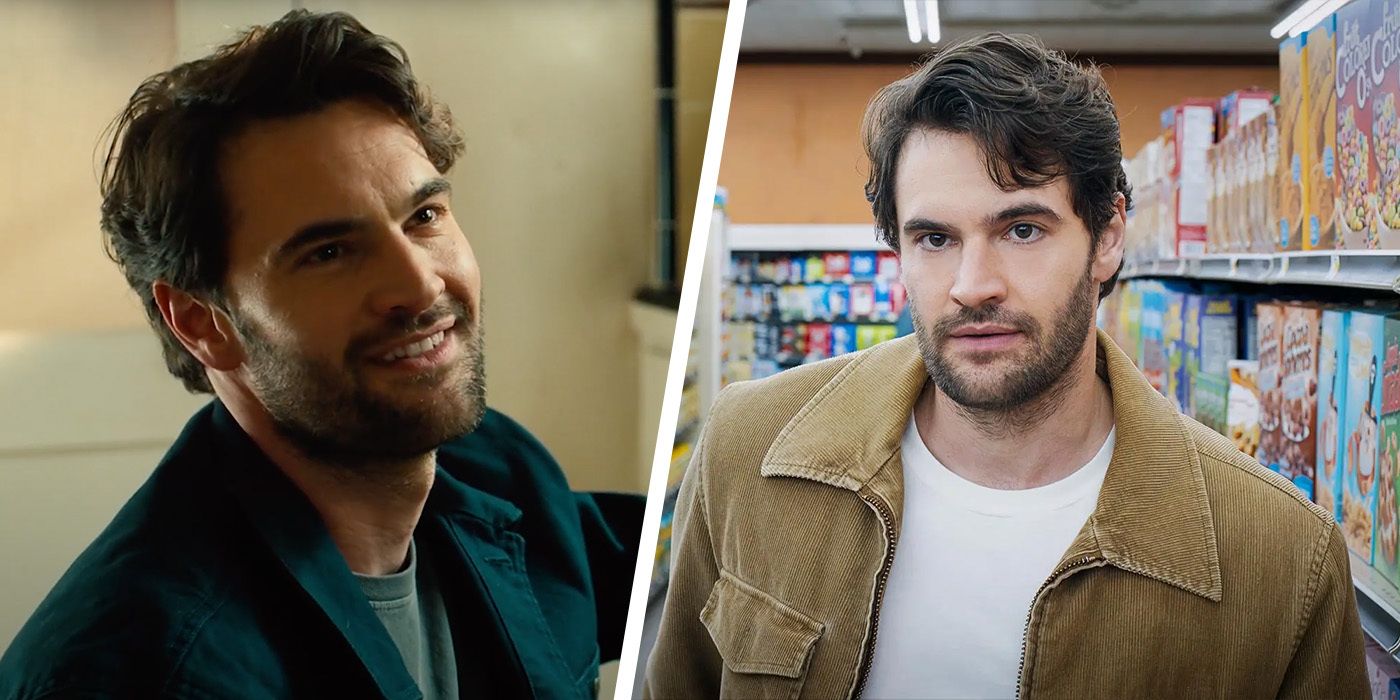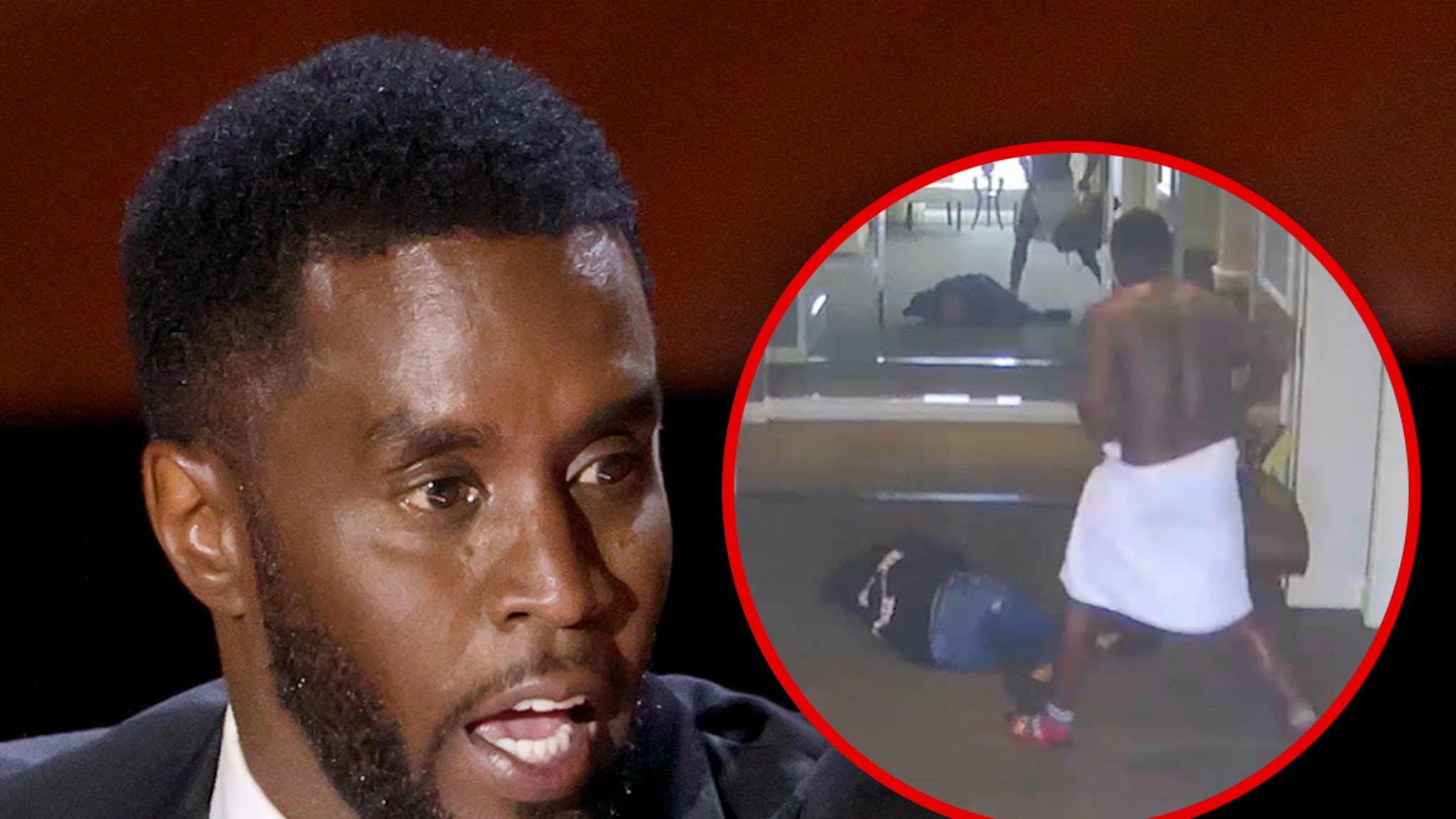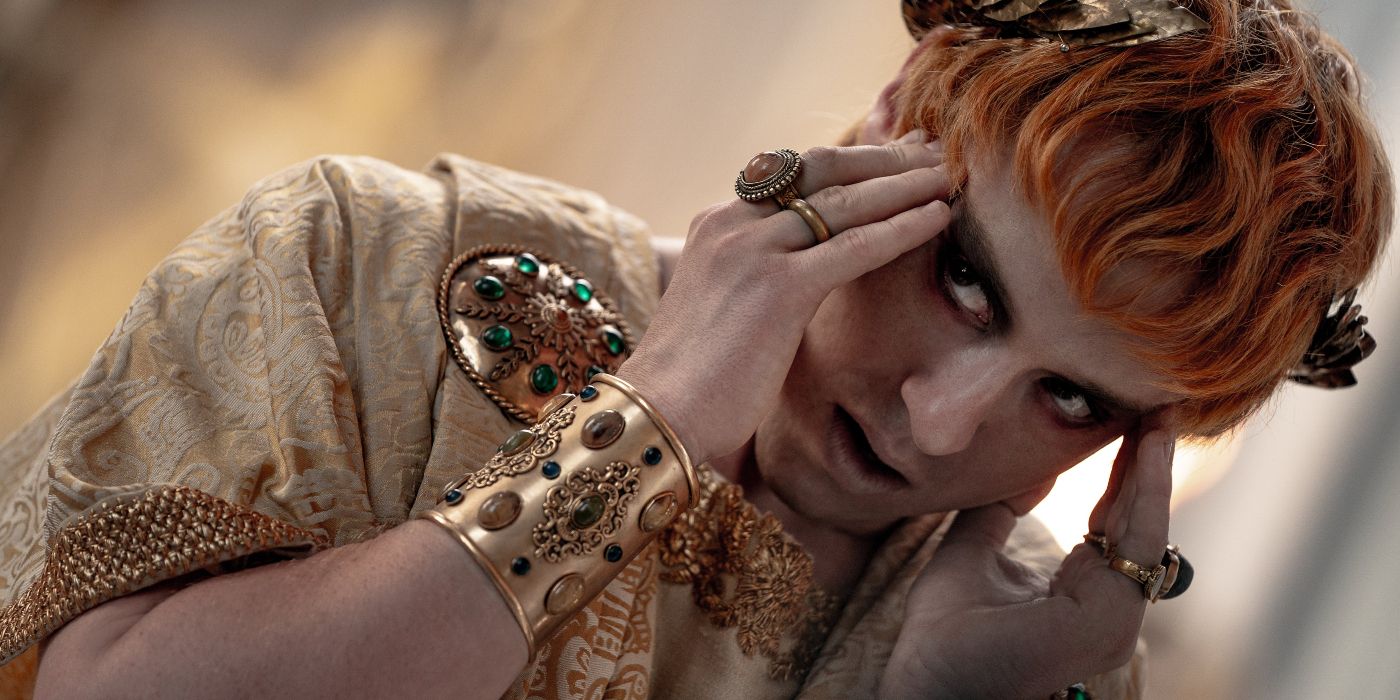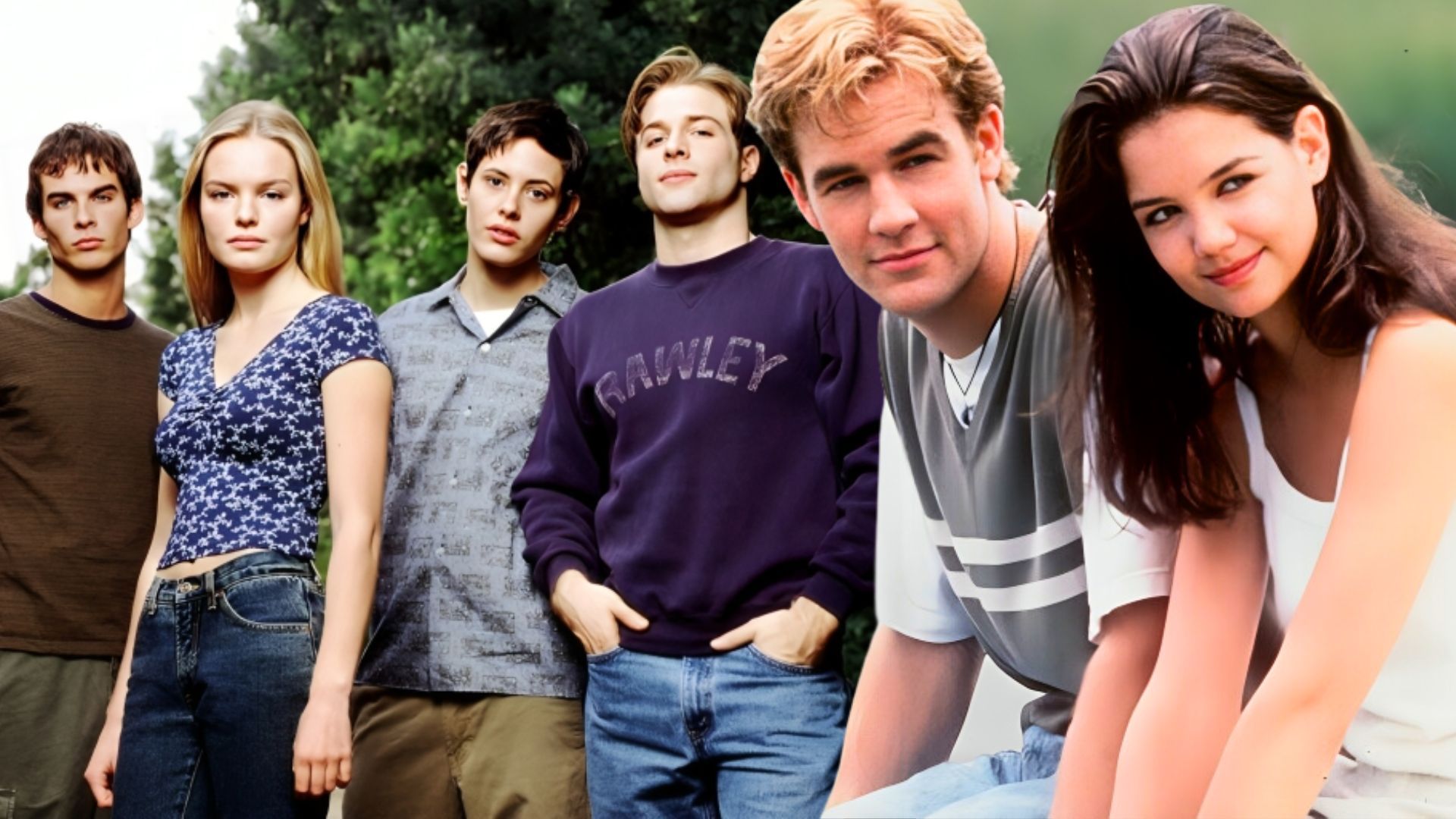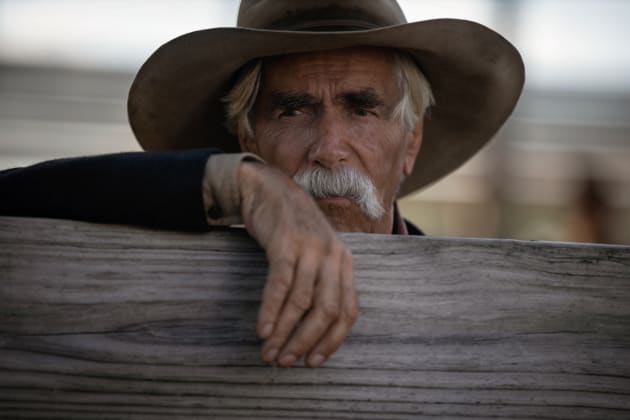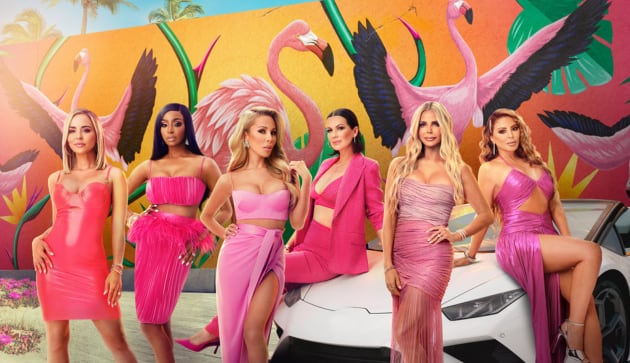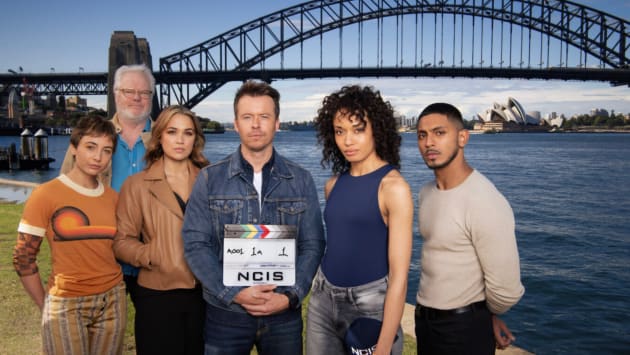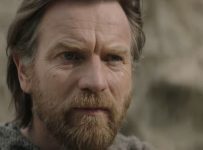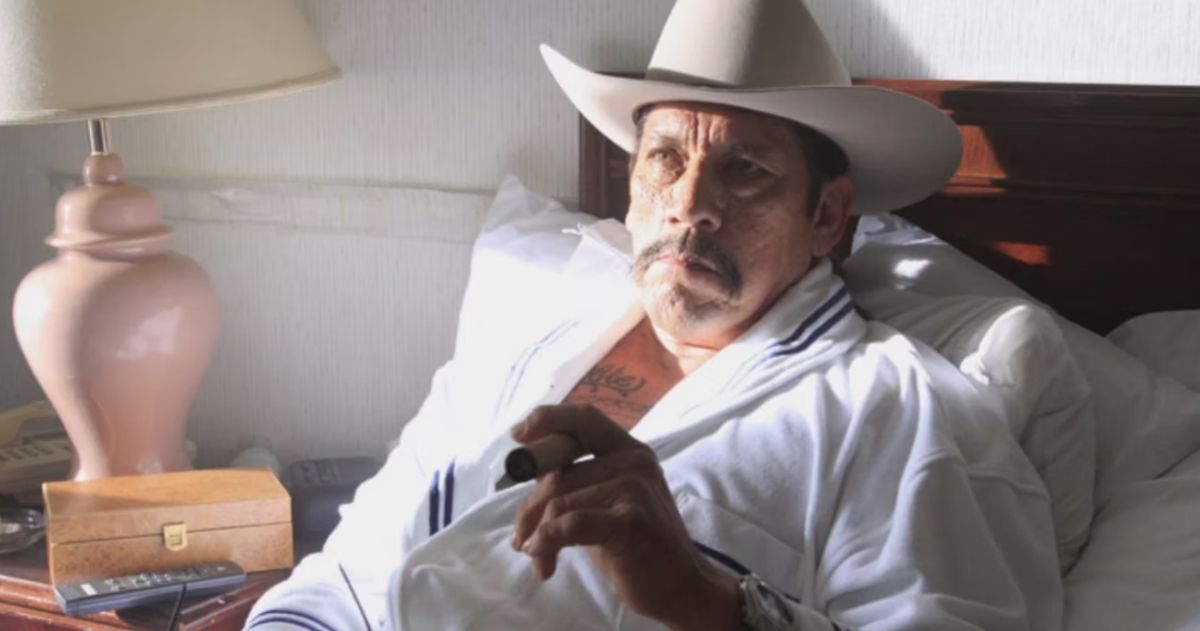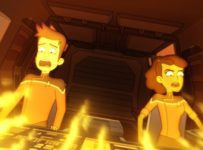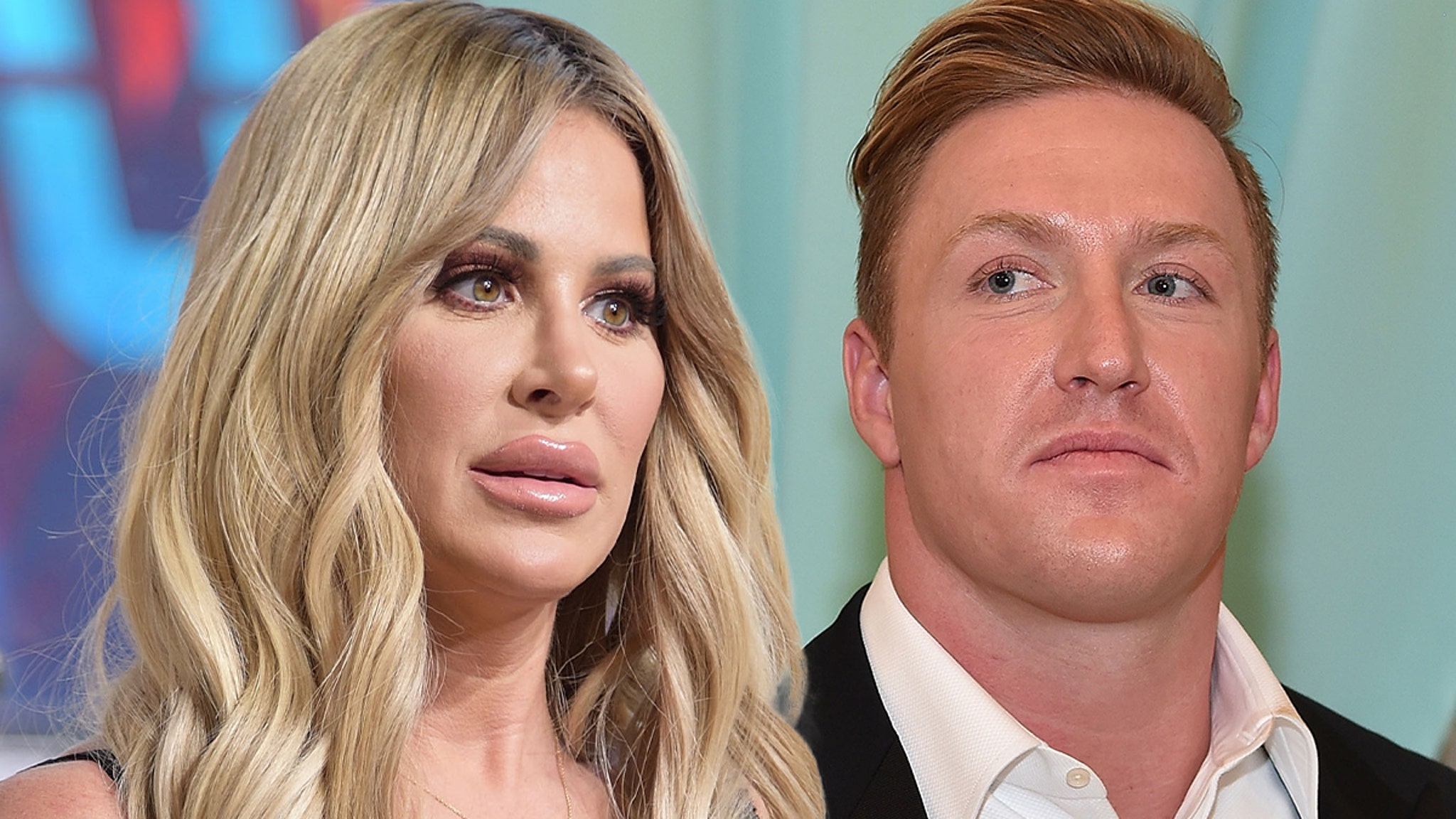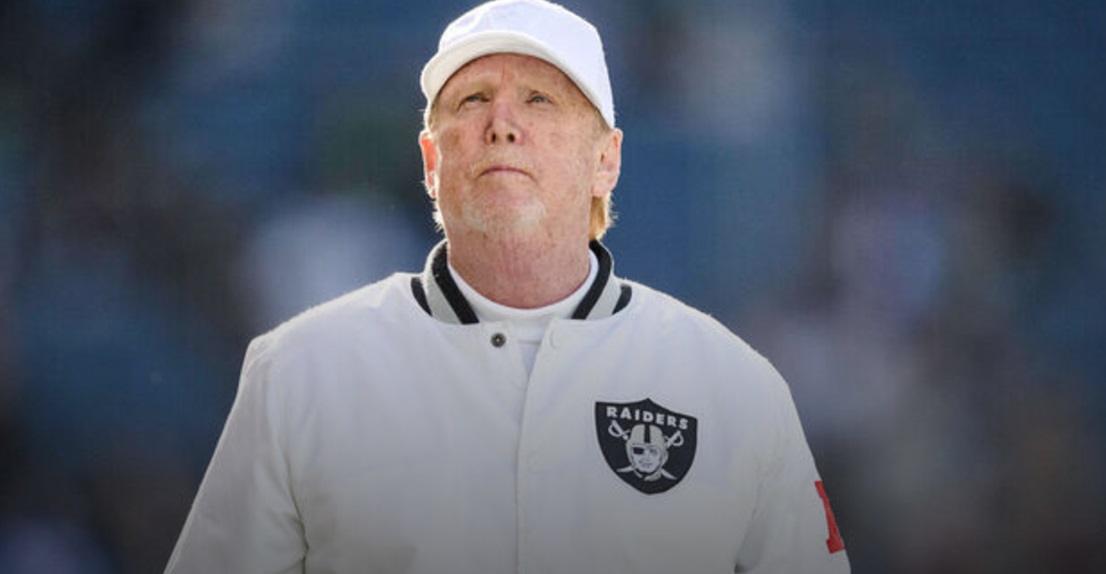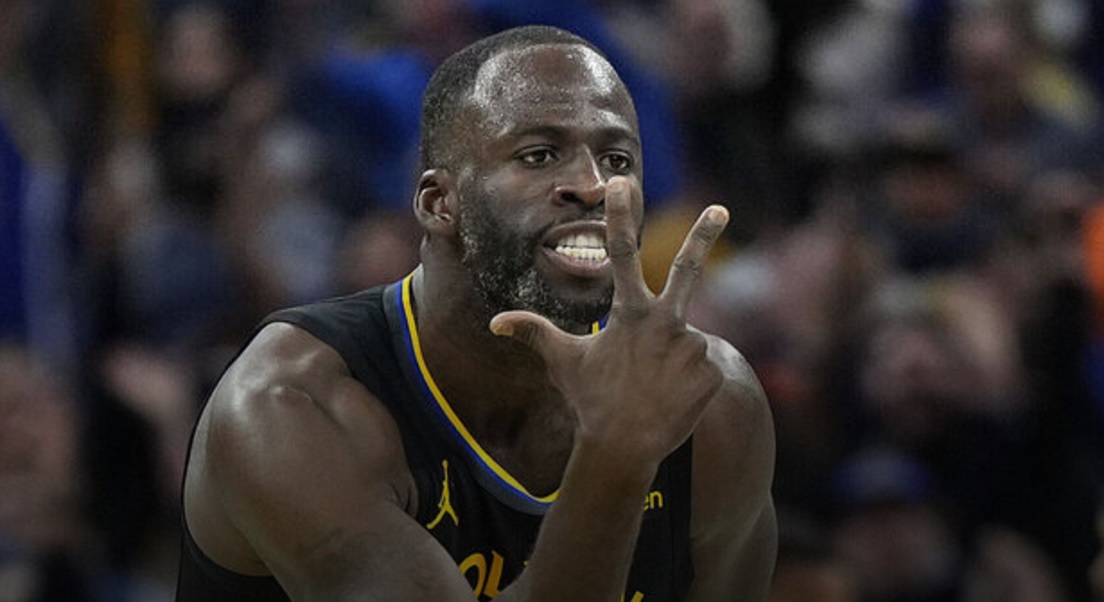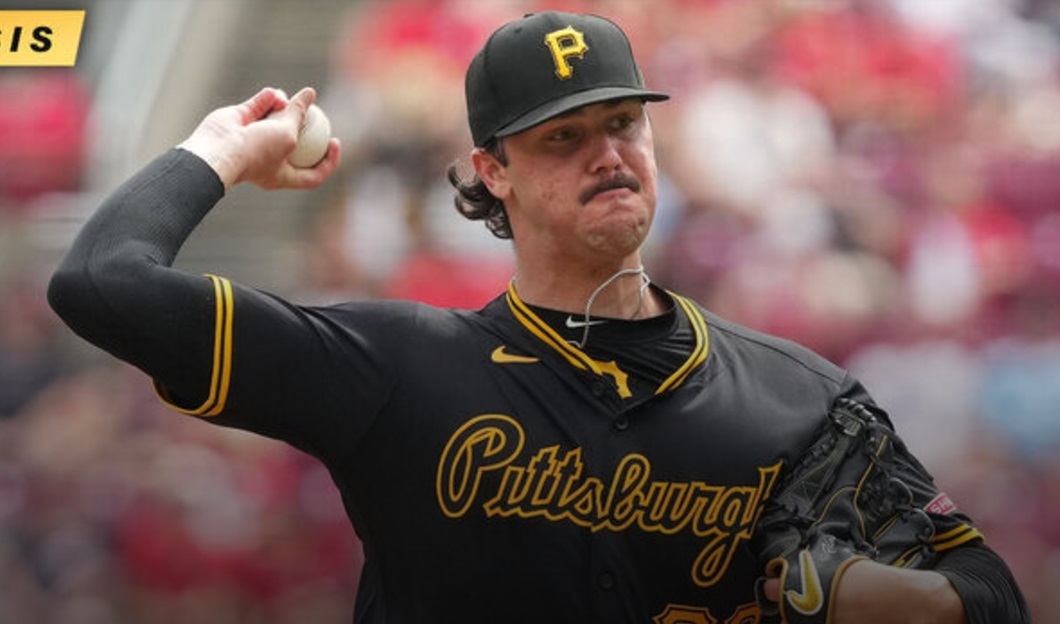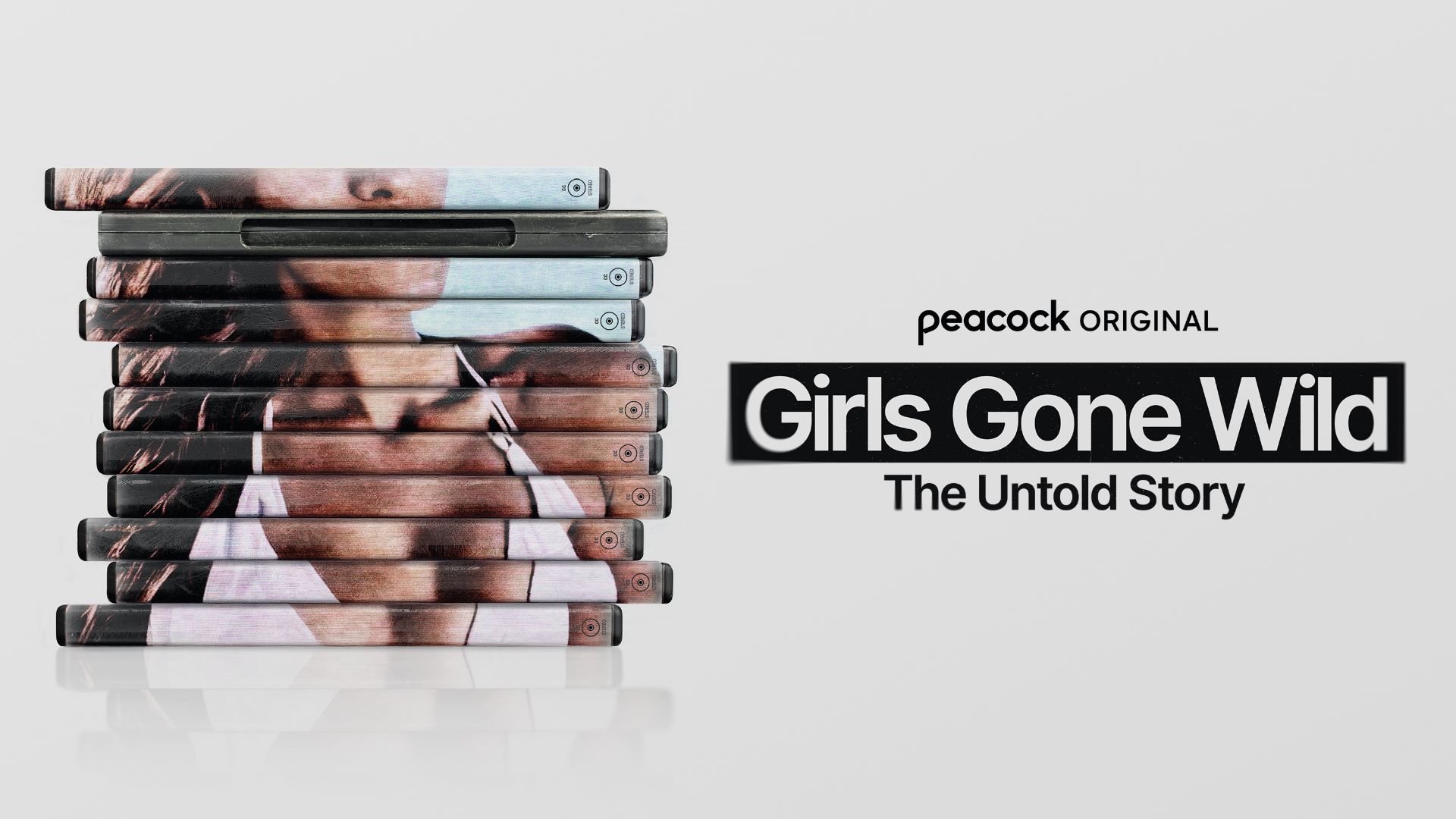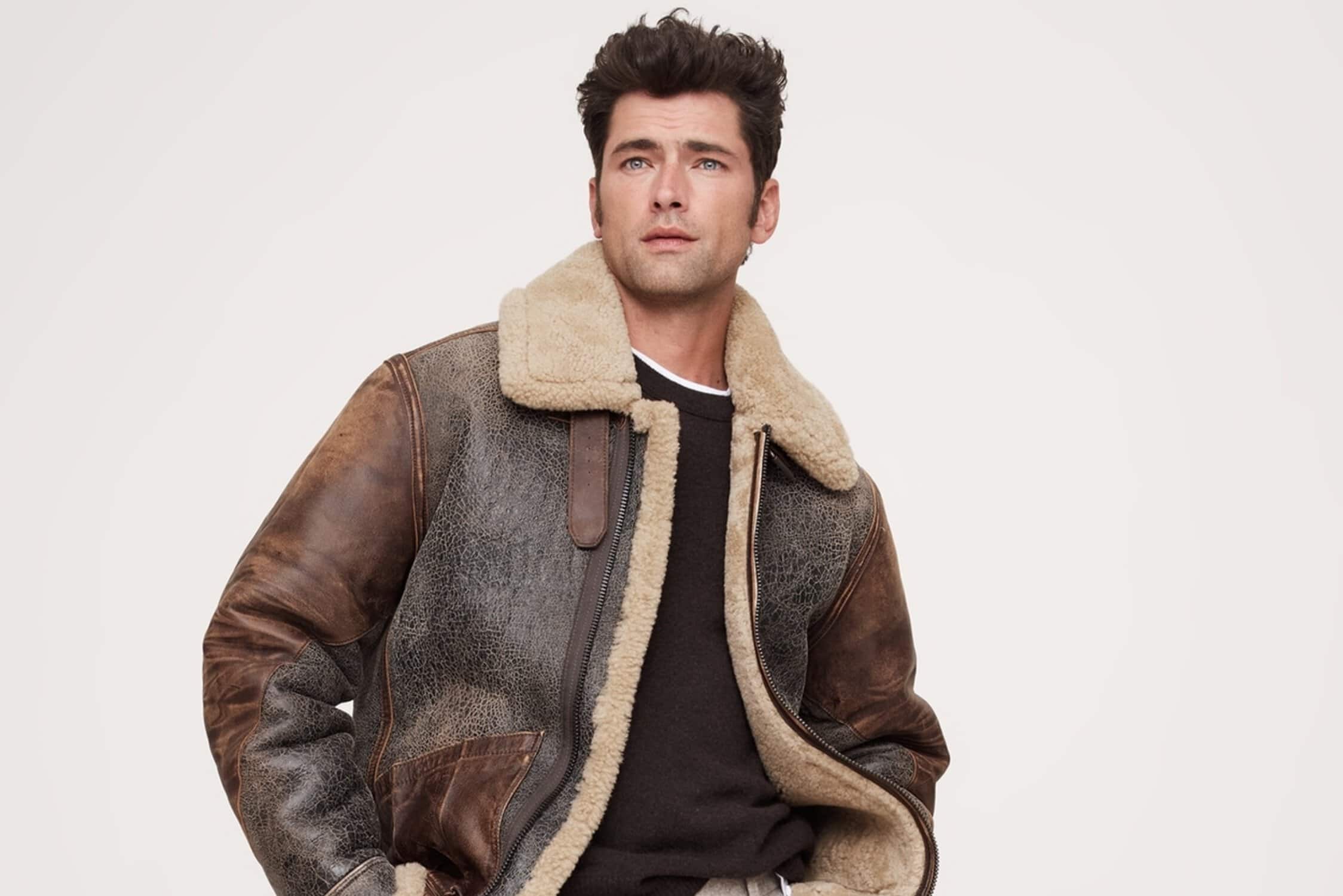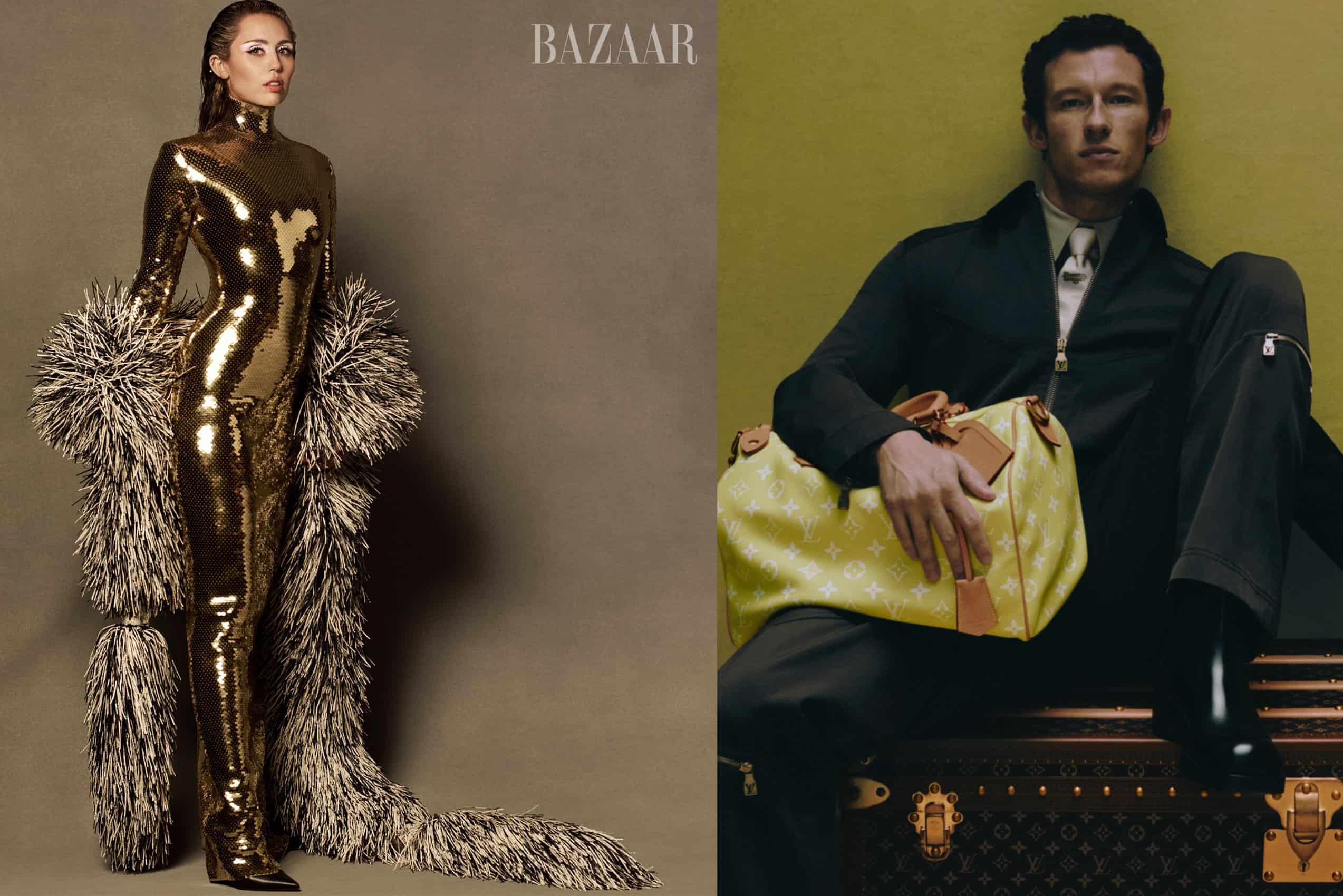The illustrious Sam Elliott has had so many incredible roles, but we’ve always associated him with the great American cowboy.
It should come as no surprise, then, that Sam’s presence in 1883 works like a charm, offering him a profoundly nuanced character in Shea Brennan, scoring him one of his best performances.
Please enjoy segments of reporters’ conversations with Sam during 1883 press day, and tune in to the new series on Paramount+ tomorrow, Sunday, December 19.
***Please note that reporters’ questions are in italics, and Sam’s answers follow.***
What was it like working with Tim and Faith, who’ve never acted together before?
Yeah. You know, I think there was a certain contingent of people that thought, hmm, these country-western singers, now they’re going to be actors. Well, they pulled it off; that’s how I feel about it. And I think they’re both incredible in it. And I think they’ve gotten more incredible with every episode. They’re definitely up to it.
Tim, I think, probably is the best horseman amongst the group, in terms of the men. I think there are two or three women that are better horse people than any of us, but they’re lovely people. They’re fun to work with.
We’ve been hanging out a lot off the set as well as on the set, and it’s one of the great gifts of being in this business and doing films. You get to have these relationships that sometimes they transcend the film, and they go on afterward, and sometimes when they’re over, that’s it, you don’t see them again. It’s like a bunch of gypsies.
But I love Tim and Faith, and I think the work they’ve done is just incredible.
Shea’s just had so much tragedy in his life, and he is overcoming so much. So what keeps him going when life is so hard?
I think, on some level, one of the things that keeps him going, and I think maybe it’s one of the reasons that he has taken on this responsibility of being this wagon boss, is to get these people to Oregon. Apart from that, Shea’s on a personal journey to get himself to Oregon.
And I won’t tell you why, but that’s why he’s going there. He wants, he’s a heading for the ocean, which is a bizarre thing for some guy starting in Fort Worth, Texas that he’s driven, and he wants to get there.
I think that’s what really keeps him going, that and his relationship with Thomas, his compadre. I think there’s an upcoming scene that I’ve got with Elsa, the Elsa character in which Shea talks about going to the ocean and the reason that he’s going.
But I just think that having that responsibility of taking care of all those people, and it’s also the things that leads to more tragedy in his life as they drop off along the way, he loses them. And he’s, I think by the end of this thing, he’s pretty beat up and makes a decision that he makes in the end of the film.
You’re clearly not a newcomer to Westerns. You’ve been in a number of them. So how would you say this 1883 compares or differs from the Westerns you’ve been in before?
I think number one because of the girth of it, for starters. I mean, this is the biggest thing I’ve ever worked on, whether it’s a Western or a contemporary film or television show. I mean, they’ve got a massive amount of money, which brings a massive amount of moving parts, whether they’re mechanical or human, it’s the biggest I’ve ever worked on.
I’ve never worked on a show that had six cameras running at the same time. We’ve traveled. We’ve been all over the state of Texas where working again right now. We went to Montana. We’re going to finish on the Oregon coast, mid-January. It’s massive.
And I think the mass of it is the thing that makes it most different. And I worked on another Western that a guy named Kevin Jarre wrote and started out directing, but his screenplay is what got everybody to come on board. I think I can safely say that. And that was Tombstone.
The thing about this project, again, is the screenplay. Taylor’s work as a writer is brilliant, as far as I’m concerned. He is very poetic in his writings and very spare. The dialogue’s very spare unless he goes into one of his arias that he writes for some of us along the way. And it’s a joy to do his dialogue.
Shea is so many different things to so many different people. What’s your favorite part about him?
Oh, wow. I somehow think apart from all the action and the horseback riding and the shooting and all the obvious stuff that guys or men might say, oh, wow, I wish I could do that.
You know, it’s the ultimate thing, that the ultimate male fantasy in some way for an actor is to play a cowboy. I think I could safely say that because I’ve heard people tell me that over the years, actors tell me that.
But to be honest with you, I think my favorite stuff is the stuff I’m doing with the girls on the show. You know, there was a girl named Stephanie Nur that came in for two days when we were in Fort Worth. She was a saloon girl. Came over and sat on my lap, and whispered in my ear.
We had a really interesting, very short scene together that stuck with me. In fact, it still sticks with me. You know, I’ve got a scene with Isabel May coming up and I’m so looking forward to that, it’s one of my favorite scenes in the picture. And I had a scene with Raphaela Renkusi that was equally powerful and touching to me. The stuff with the girls has been pretty special.
I think my favorite thing about this show so far is the relationship that Shea and Thomas have. You talked earlier about there being so little to say sometimes very purposefully, the way that Taylor writes, there’s not a lot of dialogue always.
And you guys have that, one of your first scenes together when you’re sitting there on that hill with that gun to your head, and he’s, you know, are you coming?
I’m thinking about it. It’s such a powerful scene. And there’s so much unspoken between the two of you. I want to know; I asked LaMonica about this as well, about the relationship that you two have built both on and off-screen because it really feels so natural between the two of you.
It feels totally natural to me. And it speaks volumes about both of these characters. They’re traveling with a guy from a totally different race in a period of time when you would think that, ‘eh, I don’t know about that. I’m not sure I believe that.’
But that relationship with LaMonica is one of my favorite elements of this entire thing. They’re brothers in arms; they were in the war together, or maybe didn’t ride together. Taylor says that maybe Shea, or he thinks maybe Shea rode with the Buffalo Soldiers where Thomas was, a unit that Thomas was in.
I’m not sure that I believe that. I’ve seen a lot of pictures of those guys over the years, and there was never a white guy amongst them. Although, I appreciate the thought of it. But something threw them together, and Thomas is there taking care of Shea.
When I get with LaMonica, and I look at those eyes, and I look at that mass that you know is underneath that hat of his and listen to that voice, and he’s rock solid. He’s always rock-solid in every bit of this stuff. And I just love working with him, man.
It carries off-screen for sure when you guys talk about one another.
Yeah, it works. I know that it’s working, but everything LaMonica’s doing is working. The relationship that he has with Graciella, that’s another one that’s a little, you think, wow. We’re going to go down that road now. They’re pulling that off. Thomas is an unbelievable character. And I think LaMonica is really having a good time playing him.
Are you a Yellowstone fan? And if so, what’s the biggest question you hope 1883 answers for fans of that show?
How they got to Montana. How the Dutton’s got to Montana. That’s the only question it answers as far as I’m concerned. That, to me, is the only connection between this show and Yellowstone, is how the Dutton’s got to Montana. Beyond that, it’s not Dallas in 1883. I know that.
What do you think the show has to say about freedom and civilization and also humanity’s relationship with nature?
Holy cow. Well, all of these people are free to make this trip. They’re all free to go to Oregon. We talk a lot about that along the way. We talk about the fact freedom really isn’t free.
It sounds like a Janis Joplin song, but I don’t know. Those elements are just ingrained in this thing, in the story, in the journey west that immigrants made when they came to this country.
It reminds us of how we dealt with the Indians, how we dealt with the Natives. Something that really, as far as I’m concerned, has yet to be reconciled for the majority of them. I think those issues in terms of how the country is or how healthy the country is; Taylor dealt with those issues.
Maybe not in-depth, but they’re dealt with; they’re dealt with in the dialogue or dealt with in the pictures. It’s a story about characters. This thing is really about characters, and it’s not about politics.
Edit Delete
Carissa Pavlica is the managing editor and a staff writer and critic for TV Fanatic. She’s a member of the Critic’s Choice Association, enjoys mentoring writers, conversing with cats, and passionately discussing the nuances of television and film with anyone who will listen. Follow her on Twitter and email her here at TV Fanatic.
You can view the original article HERE.

